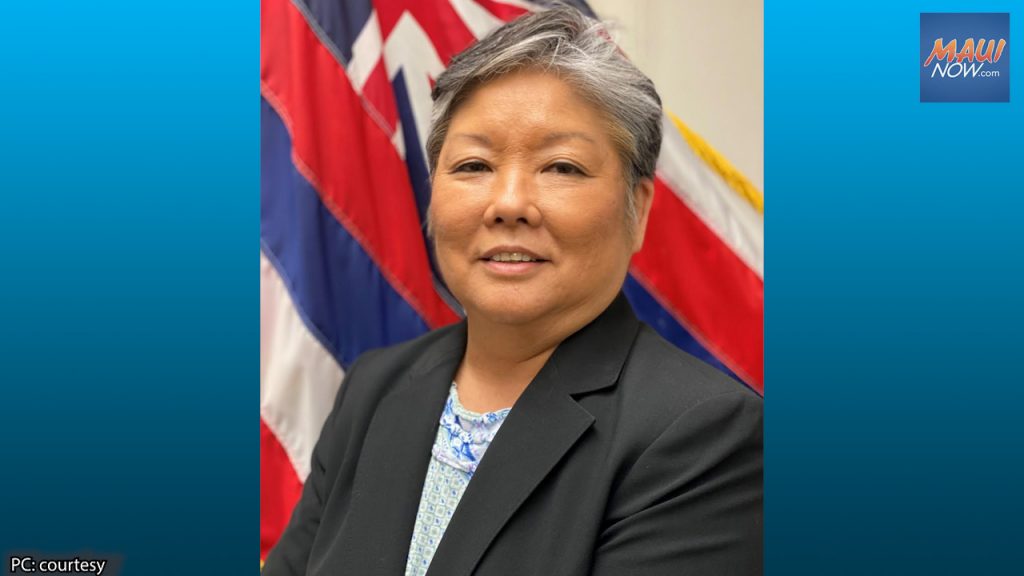Hawaiʻi AG demands swift federal action to eliminate toxic metals from baby foods

Hawai‘i Attorney General Holly T. Shikada joined a multistate coalition of 22 attorneys general in calling on the heads of the U.S. Food and Drug Administration and Department of Agriculture to take swift action to eliminate toxic metals from baby food, according to a news release Tuesday.
In a letter to FDA leaders, the coalition outlines key strategies for the federal agencies that would allow them to take immediate and widespread action that would drive down the levels of dangerous toxic metals in food for babies and young children.
This is the latest action in a series of efforts in response to increasing alarm regarding the health hazards posed by lead, arsenic, cadmium, and mercury in baby foods, including cereals, purees, and other products for babies and young children, aside from formula, the release added.
“The dangers of toxic metals such as lead, cadmium, mercury and others have been known for decades, but have not been adequately regulated in food for infants and young children,” Shikada said in a statement. “The FDA must take immediate action in setting acceptable standards to protect our children from the harmful effects of toxic metals.”
The FDA has set or proposed limits on toxic metals in a wide variety of other consumable products — such as bottled water, juice and candy — but the agency has failed to adequately regulate baby food.
So far, the agency has established only one action level for one type of toxic metal (inorganic arsenic) in one type of baby food product (infant rice cereal), despite FDA concluding years ago that babies’ and young children’s smaller bodies and metabolisms make them more vulnerable to the harmful neurological effects of these toxic metals.
As a result, United States baby food manufacturers are left to self-regulate the amounts of lead and other toxic metals in their products. In fact, it remains up to the manufacturers to decide whether to even test their products for these contaminants, the release added.
In April 2021, FDA announced the “Closer to Zero” plan, under which the agency committed to proposing “action levels” for lead in various baby foods by April 2022, inorganic arsenic in various baby foods by April 2024, and cadmium and mercury sometime after April 2024.
However, the coalition notes that the plan is already behind schedule as the FDA failed to propose lead action levels by the April deadline.
In the letter, the coalition urges the federal government to adopt interim measures recommended in the coalition’s October 2021 petition, which urged FDA to issue clear industry guidance for limiting toxic metals, such as:
- Propose interim limits for inorganic arsenic, lead, cadmium, and mercury in relevant categories of infant and toddler foods;
- Propose a lower limit for inorganic arsenic in infant rice cereal than that currently set forth in FDA guidance; and
- Provide guidance to all baby food manufacturers to test their finished products for toxic metals.
The FDA denied the petition, but earlier this month, the coalition asked FDA to expeditiously reconsider its denial of that petition.
Shikada joined the attorneys general from the following states in sending this letter to the FDA and USDA leadership: New York, California, Colorado, Connecticut, Delaware, Illinois, Iowa, Maine, Massachusetts, Maryland, Michigan, Minnesota, New Jersey, New Mexico, Nevada, North Carolina, Oregon, Pennsylvania, Vermont, Washington and Wisconsin.










